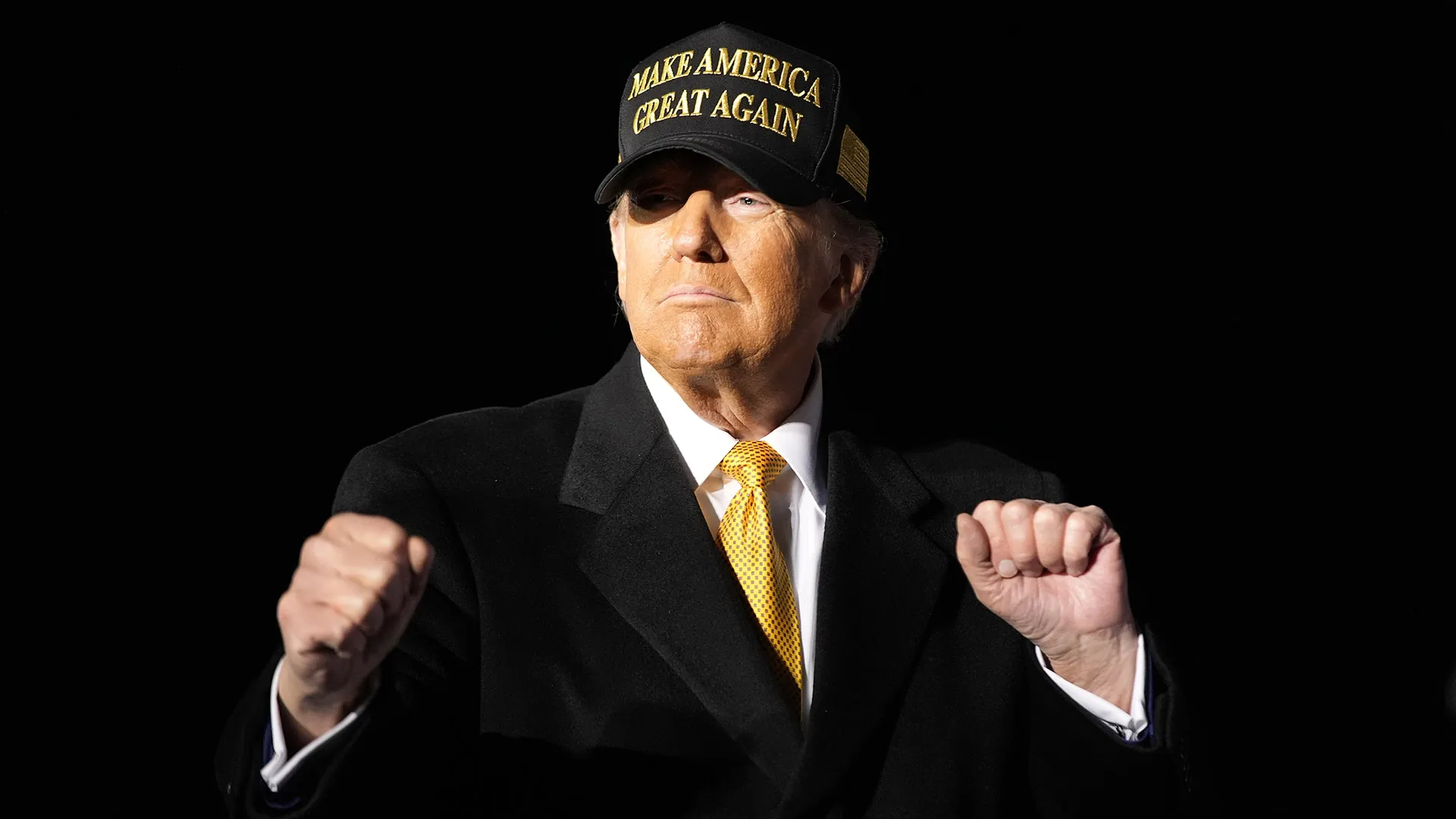Jesse Watters Claims Voting for Kamala Harris Would Be Like an Affair
In a recent segment on Fox News’ “The Five,” host Jesse Watters stirred controversy with a provocative statement regarding voting and marital fidelity. He claimed that if his wife, Emma DiGiovine, were to secretly vote for Vice President Kamala Harris, it would be akin to having an affair. This remark has ignited discussions about the sanctity of marriage, the dynamics of voting behavior, and the broader implications for gender roles in conservative circles.
The context of Watters’ statement stems from a campaign ad produced by Vote Common Good, which features actress Julia Roberts encouraging women to vote independently without disclosing their choices to their husbands. The ad has faced backlash from conservative commentators who argue that it promotes dishonesty within marriages. Watters’ comments, made during a lively panel discussion, reflect a growing anxiety among conservatives about women’s voting behavior diverging from that of their husbands.
Watters’ assertion is particularly striking given his own history. He has openly admitted that his relationship with DiGiovine began as an affair while he was still married to his first wife. This background adds a layer of irony to his statements about marital fidelity, raising questions about the sincerity of his concerns regarding honesty in relationships.
During the segment, fellow panelists reacted with surprise and humor to Watters’ comments. They questioned why his wife would feel the need to lie about her vote, suggesting that such a scenario is unlikely in a healthy relationship. Watters, however, maintained that any deceit regarding voting choices would undermine the integrity of their marriage, framing the issue as one of trust and transparency.
The public reaction to Watters’ remarks has been swift and critical. Many commentators have taken to social media to mock his statements, highlighting the perceived hypocrisy given his own marital history. Critics argue that his comments reflect a broader discomfort within conservative circles about women asserting their independence in political matters.
This incident also touches on wider societal tensions regarding gender roles and voting behavior. In conservative households, there is often an expectation that spouses will share similar political views. Watters’ comments underscore the anxiety that arises when women exercise their right to vote according to their own beliefs, rather than conforming to their husbands’ preferences.
Right-wing figures, including Charlie Kirk, have also condemned the Vote Common Good ad, asserting that it represents a moral decline and encourages women to deceive their husbands about their voting choices. This sentiment reflects a broader narrative within conservative ideology that emphasizes traditional family values and the importance of marital unity in political matters.
As the 2024 election approaches, early voting trends indicate significant gender disparities that could influence outcomes in key swing states. This complicates the dynamics of voter behavior and marital relationships, particularly in conservative households where traditional gender roles are often emphasized. The implications of these trends are profound, as they may reshape the political landscape in ways that challenge established norms.
Prominent public figures have weighed in on the controversy, emphasizing the importance of women voting according to their conscience. Michelle Obama and Liz Cheney have both reinforced the idea that voting is a private matter and should not be dictated by spouses. Their comments highlight a growing recognition of the need for individual agency in political decision-making, particularly among women.
In conclusion, Jesse Watters’ controversial remarks about voting for Kamala Harris have sparked a significant debate about marriage, fidelity, and the role of women in the electoral process. As the political landscape continues to evolve, the tensions surrounding these issues are likely to persist, reflecting deeper societal changes and challenges within conservative ideology. The conversation surrounding this topic serves as a reminder of the complexities inherent in the intersection of personal relationships and political beliefs, particularly as the nation approaches a pivotal election year.






Leave a Comment